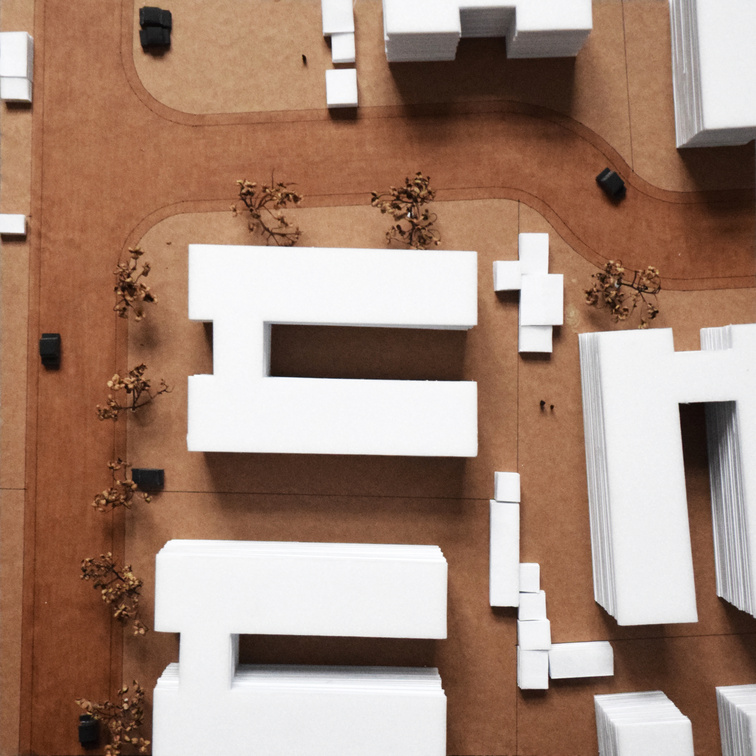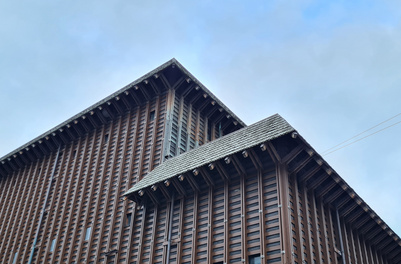Project by Johan Mottelson and Remigio Chilaule, Institute of Architecture, Urbanism and Landscape.
Mafalala Futures is an architectural debate project that seeks to discuss the future development of informal settlements, with Mafalala, Maputo, Mozambique as a case. The project outlines three possible future urban development scenarios for the same area and reveals the spatial qualities and urban deficiencies of different possible future scenarios of the area. The project seeks to contribute to the debate about how informal settlements should be developed and approached to by the public authorities and private sector.

Approximately 70% of the urban population in Africa live in informal settlements. Informal settlements typically develop without urban planning and enforcement of the building code. Consequently, when informal settlements densify over time resulting in undesirable living conditions, lack of public space and access for public services, with consequent risk of diseases and spread of fire. On this background public authorities in various African countries implement ‘slum-upgrade’ interventions to counter the negative consequences of the unregulated urban development. However, these interventions often fail to acknowledge the contextual socio- cultural fabric of the residents and consequently result in social problems.
Finally, the project proposes a context aware redevelopment model. This is done in a series of spatial investigations exemplified in three physical models and diagrams representing the three scenarios of the same project area in Mafalala.






